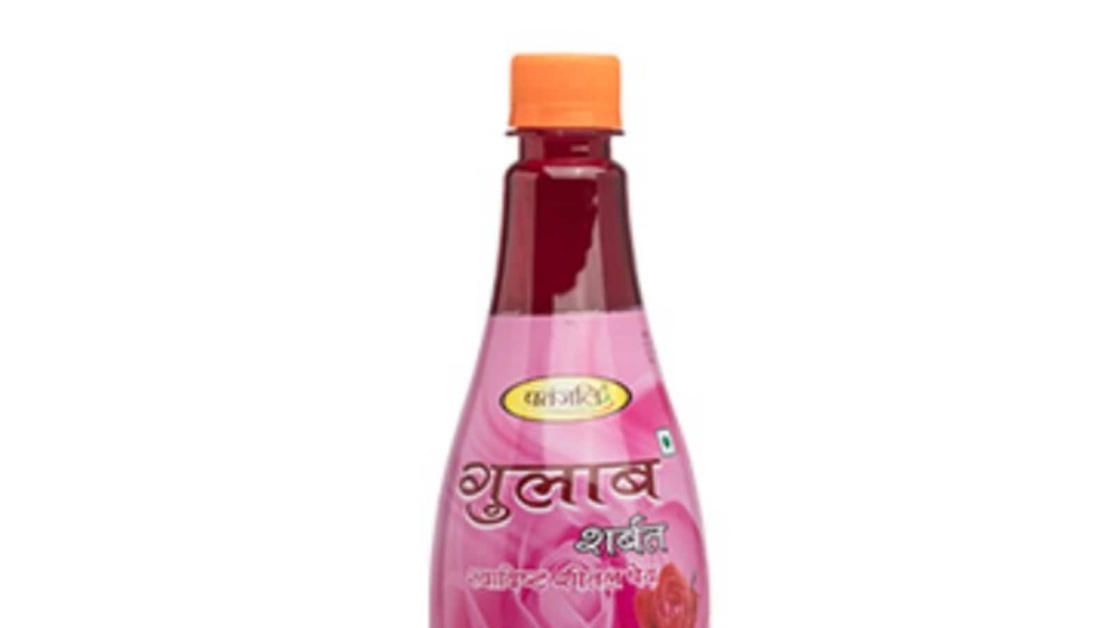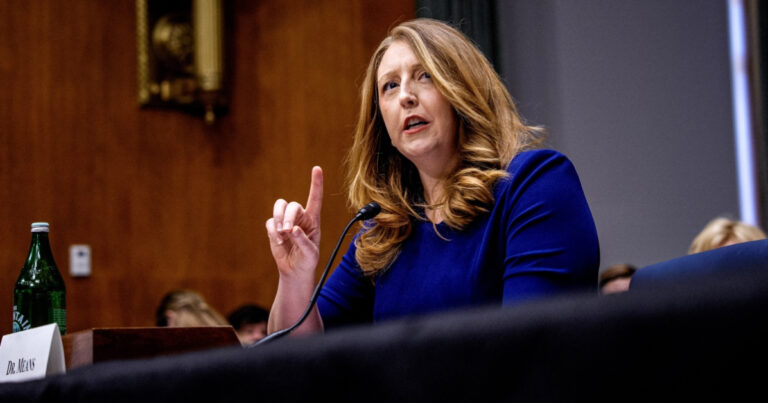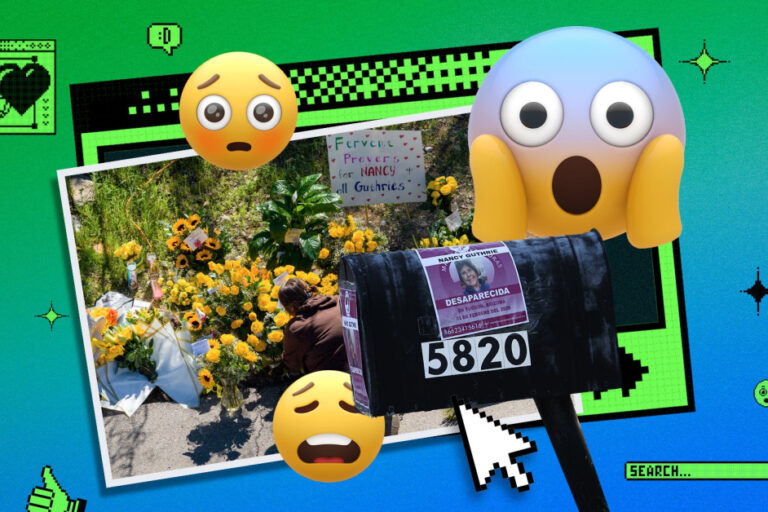A heatlh and wellness influencer has recently claimed that Patanjali’s ‘ayurvedic medicine’ has ‘99.06 per cent sugar base’.
At a time when summers have officially set in India, one of the nation’s favourite drinks – Rooh Afza, or rose sherbet – takes the centre stage in most households. But that spot now seems to have been taken over by the influencer’s viral claim, if not the latest case surrounding Yoga guru Ramdev’s alleged comments about Rooh Afza.
Recently, influencer, Revant Himatsingka, highlighted the staggeringly high quantity of added sugars in Rooh Afza, and also Patanjali’s Gulab Sherbet.
(LiveMint could not independently verify the influencer’s claims)
The twist in the tale? The label on a bottle of Patanjali’s Gulab Sherbet states that it is an “Ayurvedic proprietary medicine”. But at the same time, the Ayurvedic medicine contains a 99.06 per cent sugar base, along with Sodium Benzoate flavour, which constitutes 0.20 per cent of the Sherbet.
‘Baba ka nakli ayurveda hai…’
The social media influencer’s video, highlighting all the percentages has now gone viral, with netizens slamming the Food Safety and Standards Authority of India (FSSAI).
FSSAI’s primary function is to ensure the safety and quality of food products in India by setting standards, regulating manufacturing, and enforcing food safety regulations.
“Hey @fssaiindia, when will you start questioning companies?” commented one user.
“ @fssaiindia is in hibernate mode and shame on @PypAyurved,” stated another person.
“Baba ka nakli ayurveda hai,” meaning (Patanjali’s Ayurveda is fake), wrote a third person.
‘Don’t believe them blindly…’
Amid all the comments slamming Patanjali and FSSAI for the increased sugar content, another user came up with an elaborate explanation.
“ Don’t believe him blindly. While I accept the fact that 99.06% sugar is bad but sodium benzoate is used as a preservatives to increase their shell life & prevent spoilage. At low levels, they’re considered safe. At least, they don’t add artificial colors like Rooh Afza,” wrote the user.
Multiple users also claimed that ‘sherbets’ or syrups were bound to contain such high amounts of sugar.
Ramdev vs Rooh Afza
In April, Baba Ramdev ignited a massive controversy after allegedly making communally-charged and disparaging remarks against the 119-year-old Hamdard National Foundation (India), the maker of Rooh Afza.
In a video dated April 3, Ramdev is seen promoting Patanjali’s ‘Gulab Sharbat’ while allegedly making indirect, communal comments about Rooh Afza—implying that profits from its sales go toward funding “madrasas and mosques.”
The controversy took a legal turn, following which, on Friday (May 2), Ramdev pledged before the Delhi High Court that he would stop making any statements, social media posts, videos, or ads with communal remarks about Hamdard’s popular drink, Rooh Afza.





